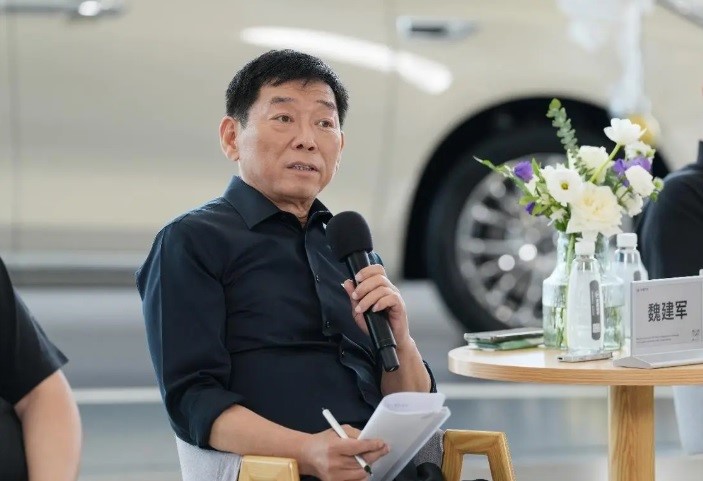In the increasingly fierce market competition in the automotive industry, "price war" has become a common phenomenon. Wei Jianjun, chairman of Great Wall Motors, warned in an interview that the current price war has led to "no entry and exit" for car companies, which is not only difficult to maintain normal operations, but also may lead to a decline in the quality of automobile products. This remark directly touched on a sensitive topic in the automotive industry: "the contradiction between price competition and product quality", which has attracted widespread attention in the industry.
Quality concerns behind the price war
Wei Jianjun pointed out that in the current "price war" environment, car companies may face losses of thousands to tens of thousands of yuan for every car sold. Under this pressure of loss, companies may make compromises on product quality in order to reduce costs. He mentioned that there is a problem of false performance standards in the industry, such as electric vehicles with a nominal range of 1,200 kilometers, but can only run 600 kilometers, which is an exaggeration, in fact, at the expense of the quality of the product.

Picture: Great Wall Wei Jianjun reveals the inside story of the industry
Industrial Transformation and Quality Assurance
In this context, quality assurance in the automotive industry is particularly important. According to McKinsey's research report, the international competitive advantage of China's new energy vehicles comes from factors such as the integrity of the supply chain and high industrial agglomeration, sufficient market competition, and the rapid promotion of technological iteration by the large market size. This shows that China's automotive industry needs to focus on product quality and technological innovation in order to maintain its international competitiveness while pursuing scale expansion.
Regulation and self-regulation
Wei Jianjun emphasized that corporate self-discipline and state supervision are two important aspects to ensure the healthy development of the automotive industry. He called on the state to crack down on financial fraud, cutting corners and other non-compliant behaviors in terms of supervision and the legal system, so as to safeguard the fair competition environment of the market and the legitimate rights and interests of consumers.
The current situation of Chinese cars going overseas
When talking about the current situation of Chinese cars going overseas, Wei Jianjun gave a cautious score. He believes that although Chinese cars have made certain achievements in overseas markets, there are still deficiencies in brand premium, marketing talents, etc., and he gives a score of 3 out of 10. This score reflects that China's automotive industry still has a lot of room for improvement in the international market.
Summary
Wei's point reminds us that in the price war in the automotive industry, companies need to maintain strict control over product quality, and at the same time, industry regulation and corporate self-discipline are also indispensable. Only on the premise of ensuring product quality can China's automotive industry win more trust and respect in the international market and achieve sustainable development. In addition, with the transformation of the global automotive industry, China's automotive industry also needs to accelerate technological innovation and industrial upgrading to adapt to the new market environment and consumer demand.
The role of the government is also crucial in this process. The National Development and Reform Commission issued the "Regulations on the Administration of Investment in the Automobile Industry", which clearly states that it is necessary to improve the access standards for investment projects in the automobile industry, strengthen supervision during and after the event, standardize the investment behavior of market entities, and guide the rational investment of social capital. The implementation of these measures will help improve the quality level of the entire automotive industry, protect the rights and interests of consumers, and lay a solid foundation for the long-term development of China's automotive industry.






